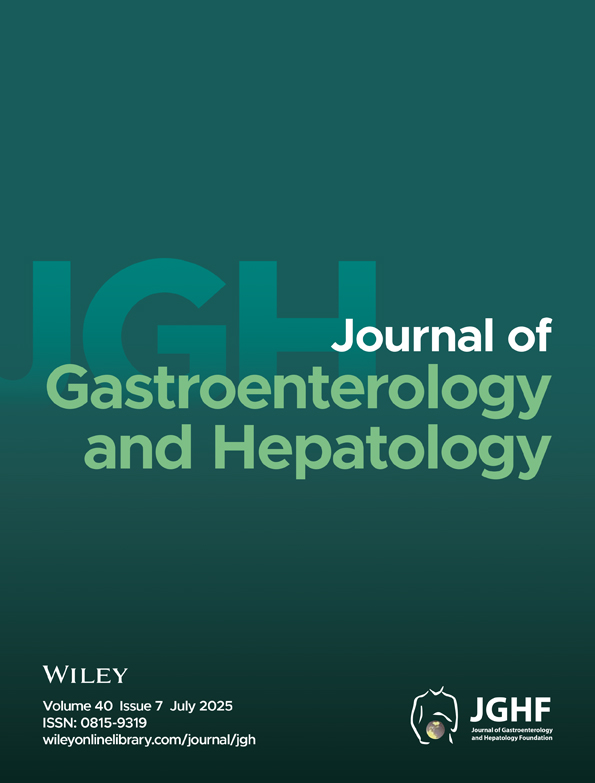Clinical course, predictive factors and prognosis in patients with cirrhosis and type 1 hepatorenal syndrome treated with Terlipressin: A retrospective analysis
Abstract
Abstract Background and Aim: Terlipressin has been proposed to treat renal failure in patients with type 1 hepatorenal syndrome (HRS). However, the predictive factors for improved renal function and survival are unknown in patients with type 1 HRS treated with terlipressin. The aim of the present retrospective study was to investigate the predictive factors and prognosis of patients with type 1 HRS treated with terlipressin.
Methods: The clinical charts of 18 consecutive patients with cirrhosis and type 1 HRS treated with terlipressin were studied. The predictive factors for improved renal function and survival were identified using univariate analyses.
Results: Improved renal function, indicated by a significant decrease in serum creatinine (61 ± 4%), occurred in 11 (60%) patients. The only predictive factor for improved renal function was a Child–Pugh's score ≤13 at the time of diagnosis of HRS (P = 0.02). Fifteen patients (83%) died at 45 days and the median survival was 24 days. Of the three patients who survived, two underwent successful orthotopic liver transplantation. Three predictive factors for survival were identified: absence of a precipitating factor for HRS (P = 0.012); improved renal function during terlipressin therapy (P = 0.05); and a dose of terlipressin ≥3 mg/day (P = 0.04).
Conclusions: In patients with type 1 HRS treated with terlipressin, patients with improved renal function had less severe cirrhosis (Child–Pugh >10 but ≤13) than patients without. The predictive factors for survival were the absence of a precipitating factor for HRS, the terlipressin-induced improvement in renal function and a dose of terlipressin of at least 3 mg/day. These findings suggest that a randomized controlled trial investigating the effect of terlipressin on survival in patients with type 1 HRS should be performed.
© 2002 Blackwell Publishing Asia Pty Ltd




